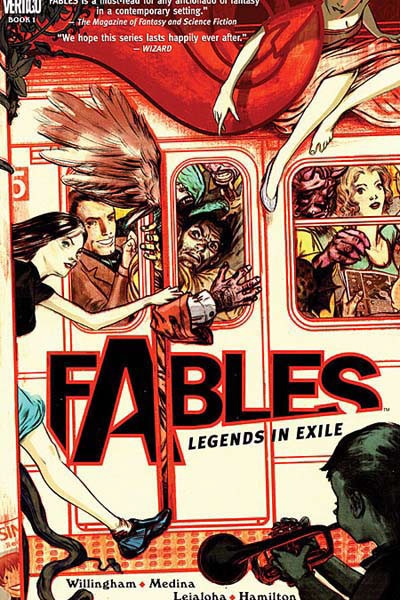A new Tilting at Windmills is up and this time, retailer Brian Hibbs talks about the backlist — perennial books that sell and sell.
As I said earlier, the name of the game in backlist is turns. Here is how it works: you buy your first copy of a book and sell it, then you buy another one to replace that first copy. You haven’t made any money yet. You sell that second copy, and you buy a third. At this point, you’ve now (well, probably: I don’t know your specific math!) broken even in paying for the three copies of the book, and your labor and time involved in stocking and restocking it. But once you sell that third copy? Now from here out it is essentially pure gravy — every copy sold after this point is about as close to pure profit as is possible, as you’re really just reinvesting the same bet you’ve already made. The smartest money I ever spent? That original $10 on the first copy of “Watchmen” I bought. That $10 has probably multiplied a thousand-fold in the intervening 22 years.
What a bookstore, any book store, whether it is prose or comics, is looking for is a stable of titles that turn very regularly — series like “Walking Dead” or “Sandman” or “Fables” is about as close as “printing money” as you can get in the business of comics. And it is those high-turn books that allow us to stock everything else that we do.
Of course, not every book is a WATCHMEN or BONE. In fact, most of them aren’t and that’s where the danger lies, as Hibbs explains.





No doubt the difficulties stocking and selling trades that Hibbs describes are accurate, but I think he mis-represents the underlying problem on the publisher side. The problem isn’t publishers bloating their trade backlist as Hibbs suggests, but publishers bloating their output overall. Rather than publishers collecting only important periodicals, they should stop publishing ephemeral series altogether (I think DC’s new Penguin miniseries is an example), such that what they collect in trade is always important because the underlying periodical is just as important. The bloat is not in the backlist; it’s just more obvious there.
I’ve posted a more detailed response, with additional reader comments, at the Collected Editions blog: http://goo.gl/fb/T0aFv
I’ve been asking Marvel for about a year why Secret Wars is not in softcover print anymore? I can’t get an answer and I have customers looking for it.